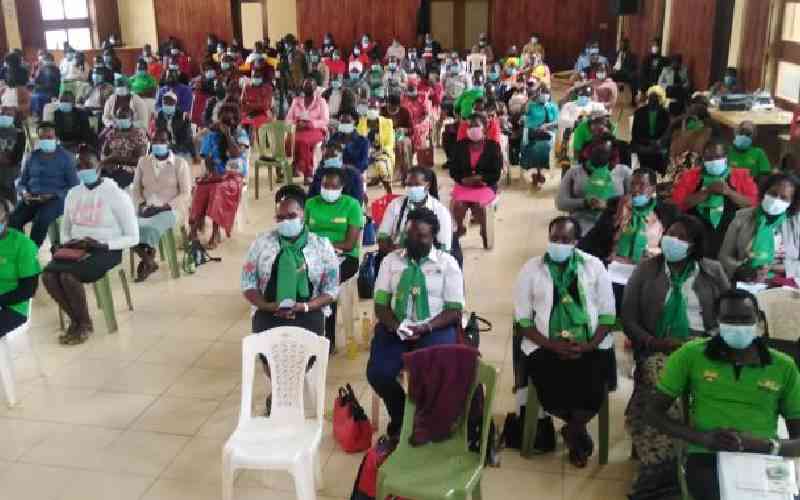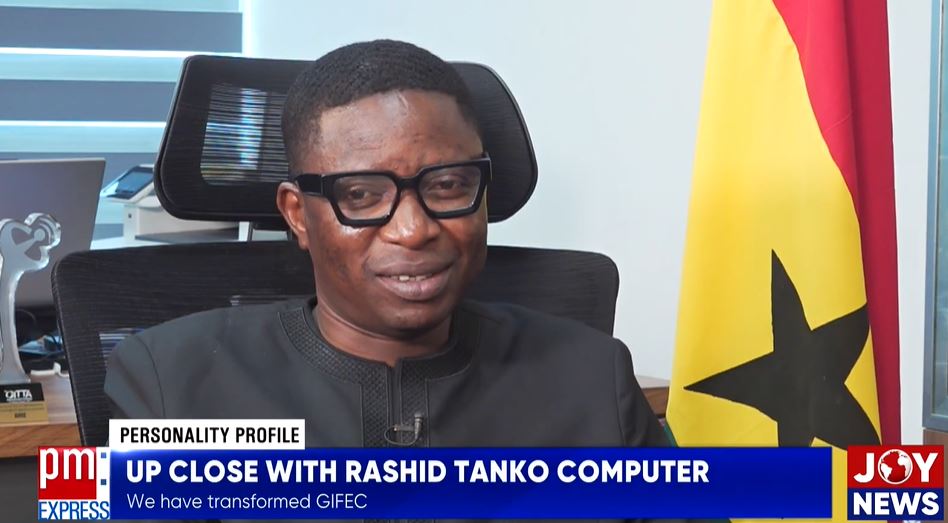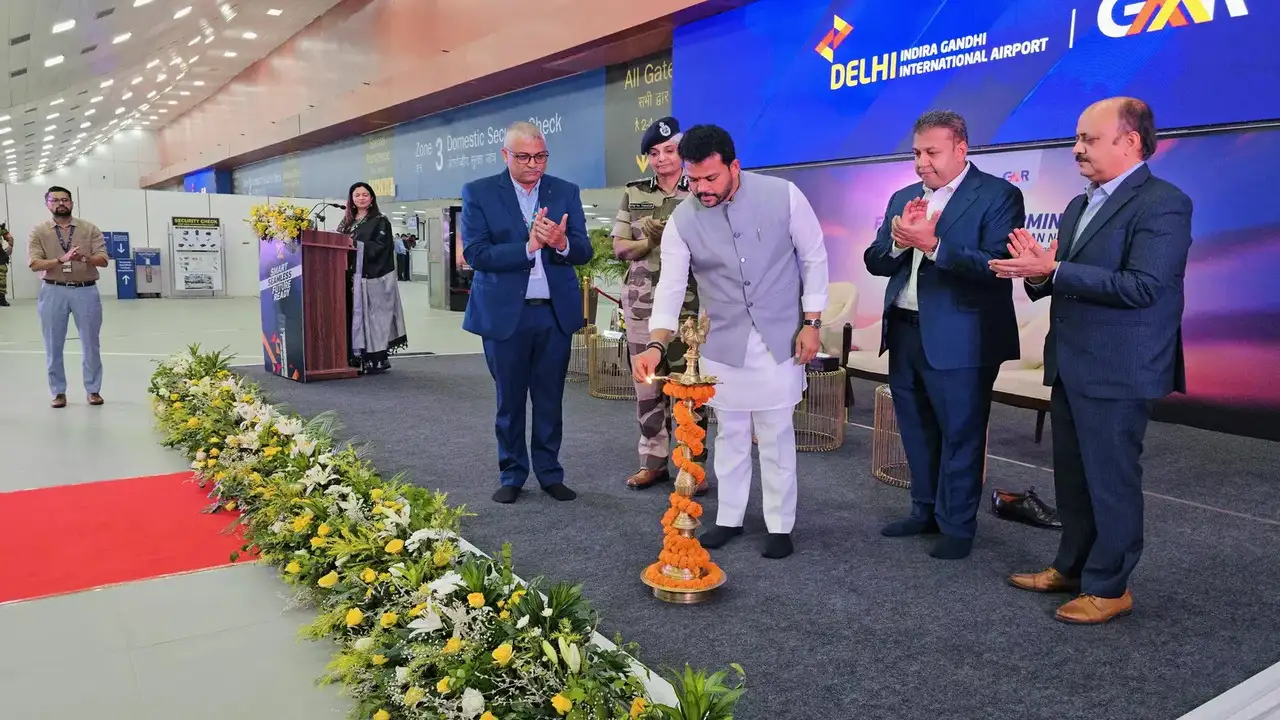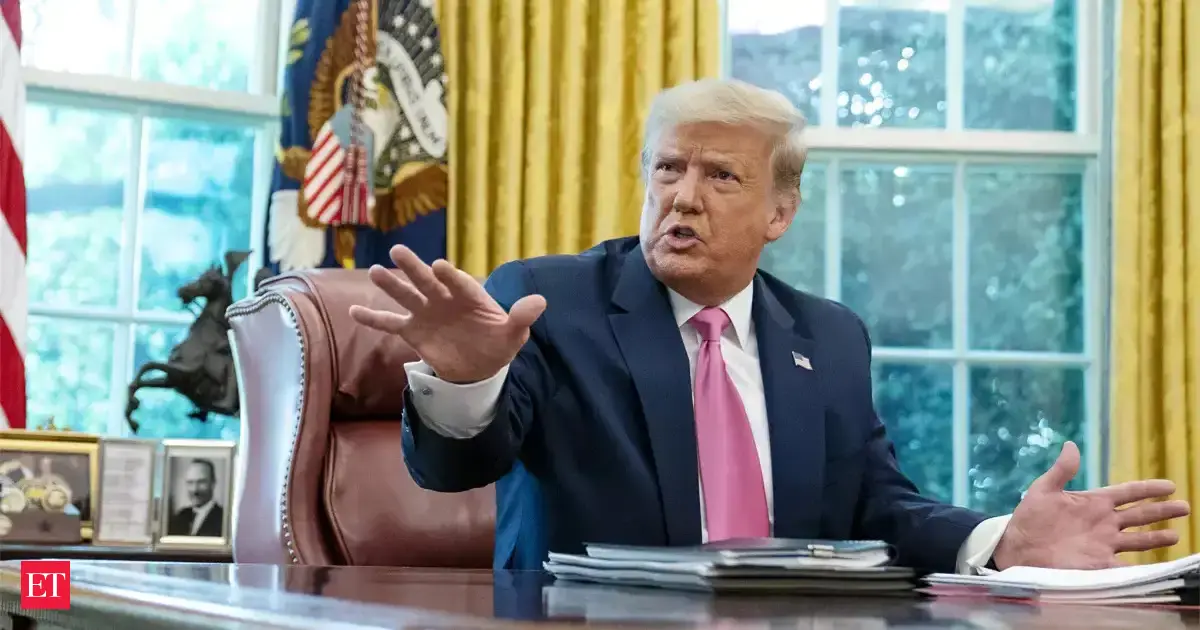Copyright thebftonline

…Charts a new era of economic cooperation with a US$6bn pledge By Seade CAESAR At a time when global partnerships are being redefined, the UAE-Africa Tourism Investment Summit 2025, held in Dubai on 27 October 2025, marked a major milestone in the expanding relationship between the United Arab Emirates and the African continent. Under the patronage of His Highness Sheikh Mohammed bin Rashid Al Maktoum, Vice President, Prime Minister and Ruler of Dubai, the event reaffirmed the UAE’s strong commitment to deepening and expanding economic ties with African nations through sustainable investment and cross-sector collaboration. Hosted at the Museum of the Future and organized by the Ministry of Economy in collaboration with the Dubai Department of Economy and Tourism (DET), the summit attracted over 350 delegates from 53 African countries, including ministers, business leaders, and investors from both regions. A Vision for Shared Prosperity In his address, Sheikh Mohammed bin Rashid Al Maktoum highlighted the UAE’s determination to be a trusted partner in Africa’s development story. He underscored the UAE’s shift from traditional trade relations to strategic, long-term investment partnerships built on innovation, sustainability, and cultural exchange. “Africa is not just a market, it is a continent of opportunity, talent, and ambition,” Sheikh Mohammed said. “Our collaboration must reflect shared progress, sustainability, and prosperity for all.” The reaffirmation is part of the UAE’s “We the UAE 2031” vision, which aims to position the country as a global hub for trade, tourism, and sustainable development, while also contributing to inclusive economic growth across emerging markets. Key Outcomes of the Summit The Dubai summit concluded with several landmark outcomes that will shape UAE-Africa cooperation in the coming decade: Launch of a US$6 billion Investment-Mapping Initiative The UAE and more than 20 African countries agreed to jointly map and mobilize investment in key growth sectors; tourism, aviation, logistics, infrastructure, and digital services. This initiative will provide data-driven insights into viable projects and connect investors directly with African governments and private stakeholders. Tourism and Hospitality Development Multiple African tourism boards signed Memoranda of Understanding (MoUs) with Emirati entities to co-develop eco-resorts, heritage tourism zones, and digital tourism platforms. These projects are expected to create jobs, enhance connectivity, and promote sustainable tourism that benefits local communities. Financing Mechanisms for Cross-Border Projects The summit unveiled plans for new joint financing vehicles led by UAE sovereign and private funds to de-risk tourism and hospitality investments in Africa. This includes support for green tourism, digital booking platforms, and hospitality-training programs in emerging destinations. Innovation and Knowledge Exchange The UAE announced the establishment of a “Tourism Innovation Hub for Africa” in Dubai an incubator designed to train African entrepreneurs in digital marketing, smart tourism, and green-resort management technologies. Why It Matters for Africa For many African nations, tourism is an untapped pillar of economic growth. By partnering with the UAE, a country known for world-class hospitality, infrastructure, and logistics, Africa stands to gain from new market access, technology transfer, and sustainable investment models; Diversification For many African nations, economic reliance on oil, mining, and agriculture limits long-term stability. Partnering with the UAE allows these countries to diversify into tourism, hospitality, and creative industries. The summit encourages African governments to channel UAE investment into new sectors, boosting foreign exchange earnings, attracting visitors, and creating a more resilient, multi-sectoral economy. Capacity Building The UAE’s advanced expertise in hospitality and tourism management can transform Africa’s human capital base. Through training, exchange programs, and joint ventures, Emirati institutions will support the development of skilled professionals in hotel management, marketing, and eco-tourism. This helps African nations build a competent, service-oriented workforce capable of maintaining international standards in tourism and travel. Infrastructure Development Africa’s tourism potential is often constrained by weak transport and accommodation infrastructure. With Emirati investment, countries can expand airports, modernize roads, and build smart resorts and digital tourism platforms. The UAE’s proven capacity in large-scale construction and logistics will accelerate Africa’s infrastructure rollout, connecting remote destinations and unlocking new regional travel corridors for economic growth. Sustainable Practices The summit placed strong emphasis on responsible tourism that benefits communities while protecting ecosystems. UAE collaboration introduces green building standards, renewable energy in resorts, and carbon-neutral transport systems. By adopting sustainable practices and eco-tourism models, African nations can preserve their biodiversity and cultural heritage while aligning with global climate commitments and attracting environmentally conscious travelers. The UAE’s Strategic Interest For the UAE, this summit strengthens its geopolitical and economic presence in one of the world’s fastest-growing regions. Africa’s young population, growing middle class, and rising travel demand make it a natural partner for the UAE’s long-term diversification goals. Expanding New Investment Corridors and Market Access The UAE views Africa as the next frontier for high-growth investment. By establishing strategic corridors across East, West, and Southern Africa, the UAE aims to tap into emerging opportunities in tourism, logistics, fintech, and renewable energy. These corridors not only diversify Emirati investment beyond the Gulf but also connect African producers to global markets through UAE ports and free zones. This expansion strengthens Dubai’s position as a global hub for trade, capital, and innovation linking multiple continents. Strengthening its Role as a Global Bridge between Africa and the World Through initiatives like the UAE-Africa Tourism Investment Summit, the Emirates solidify their role as an intercontinental connector bridging African resources and innovation with global investors and markets. Dubai’s aviation network, logistics infrastructure, and financial centers make it a natural gateway for African exports, tourism flows, and technology partnerships. The UAE’s strategic geography between Asia, Africa, and Europe ensures that it remains a key node in global supply chains and investment ecosystems. Enhancing Soft Power and Diplomatic Influence Investing in Africa’s tourism and development sectors allows the UAE to project soft power rooted in partnership and mutual respect. By supporting African-led initiatives in infrastructure, hospitality, and sustainability, the UAE demonstrates a model of diplomacy that values empowerment over dependency. Cultural exchange programs, training scholarships, and sustainability collaborations further strengthen bilateral relations. This approach not only enhances the UAE’s image as a progressive global player but also builds long-term goodwill and regional influence across the continent. Building a South-South Partnership The UAE-Africa partnership represents a shift from traditional donor-recipient relationships toward mutual investment and shared growth. This South-South approach aligns with Africa’s Agenda 2063 and the UAE’s global cooperation strategy both emphasizing inclusivity, innovation, and environmental stewardship. “This summit isn’t about aid,” said Abdullah bin Touq Al Marri, UAE Minister of Economy. “It’s about co-creating the future by developing sustainable tourism ecosystems that benefit both regions.” Policy Implications and the Road Ahead For African Governments African policymakers must seize this moment to strengthen investment frameworks that make tourism and infrastructure projects more bankable. Streamlining licensing, land-use rights, and cross-border regulations can unlock faster capital inflows. Governments should also focus on improving transparency, simplifying tax regimes, and prioritizing sustainability criteria in project approval. Establishing special tourism economic zones and public-private partnerships (PPPs) with Emirati investors can help attract long-term funding while ensuring local employment, technology transfer, and shared value creation across Africa’s rapidly growing destinations. For the UAE The UAE’s next step is to expand its economic diplomacy through new trade and investment missions in major African capitals such as Accra, Nairobi, Lagos, and Addis Ababa,etc. Beyond capital investment, the UAE should deepen institutional partnerships that strengthen capacity-building, vocational training, and tourism policy alignment. By promoting direct air connectivity, visa facilitation, and digital trade corridors, the UAE can position itself as Africa’s most trusted Gulf partner, ensuring a two-way exchange of innovation, culture, and sustainable development expertise. For Investors Private investors and sovereign funds now have a clear entry point into Africa’s fast-emerging tourism and infrastructure sectors. The focus should move from speculative short-term gains toward long-term, sustainable partnerships. Investment in eco-resorts, aviation networks, digital platforms, and renewable energy-powered hospitality projects can yield strong financial and social returns. Investors are encouraged to partner with local governments and communities to ensure inclusion and resilience. With strong Emirati backing, investors can bridge financing gaps and diversify revenue through joint ventures. For Regional Development The UAE-Africa partnership provides a model for South-South cooperation built on equality and mutual benefit. Regional blocs like ECOWAS, SADC, and the East African Community can leverage this momentum to harmonize tourism standards and coordinate infrastructure planning. The approach shifts away from dependency on Western aid to self-driven development powered by strategic partnerships. By connecting African destinations with the UAE’s global logistics and aviation networks, regional economies can scale tourism revenues, create jobs, and build sustainable, climate-conscious growth corridors. Implications for Africa-Gulf relations Strategic Rebalancing of Africa-Gulf Engagement The UAE-Africa partnership reflects a shift from aid-based ties to long-term strategic collaboration. Gulf states now view Africa as an equal partner for investment, not just trade. This rebalances global alliances, reducing dependence on Western and Chinese funding, while positioning the Gulf as a key influencer in Africa’s development and future growth. Infrastructure and Investment Diplomacy Through a $6 billion investment-mapping initiative, Gulf nations are reinforcing Africa’s infrastructure, aviation, logistics, and tourism sectors. This “infrastructure diplomacy” allows GCC countries to expand global connectivity while offering African nations much-needed financing and expertise. However, success will depend on ensuring transparency, sustainability, and fair local participation in these Gulf-backed development projects. Cultural and Human Exchange The tourism-driven partnership opens doors for deeper cultural, educational, and professional exchanges between Africa and the Gulf. Shared historical and religious ties are being revitalized through travel, training, and creative industries. These people-to-people connections nurture mutual understanding, cultural diplomacy, and talent mobility, reinforcing long-term social foundations for sustainable regional cooperation. The UAE-Africa Tourism Investment Summit 2025 stands as a defining moment in global economic diplomacy. It demonstrated how shared ambition, mutual respect, and forward-looking leadership can reshape South-South cooperation. For Africa, it opened a gateway to capital, expertise, and sustainable infrastructure; for the UAE, it reinforced its role as a catalyst for inclusive development beyond its borders. The summit’s outcomes move beyond pledges they establish a framework for tangible collaboration in tourism, logistics, and innovation. As both regions align visions of prosperity, this partnership signals the rise of a new economic bridge connecting the Gulf and the African continent. Seade Caesar is the Executive Director,Africa Global Policy and Advisory Institute (With strong focus on Africa-Gulf cooperation)



